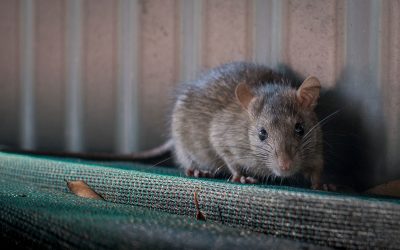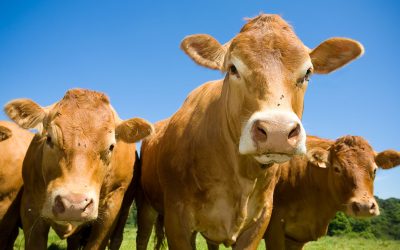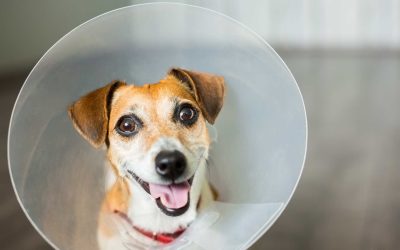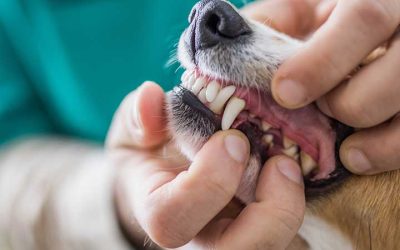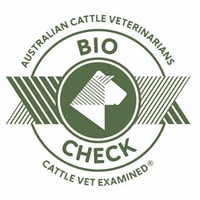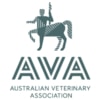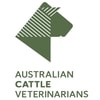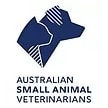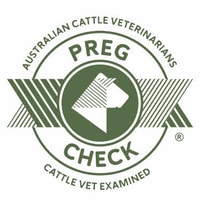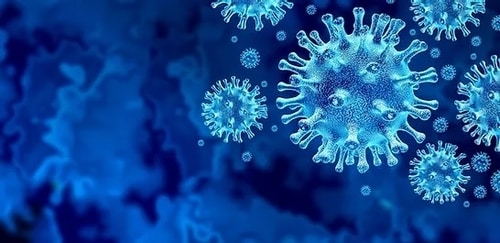
Worried about your pet and Coronavirus?
We know some of our pet owners are concerned about Coronavirus (COVID-19) and can it be passed to pets? Here is some information to help.
What you need to know about COVID-19 and your pets?
A report of a Pomeranian in Hong Kong has caused concern among some pet owners. On the 4th March, the Hong Kong SAR Agriculture, Fisheries and Conservation Department (AFCD) reported that the dog tested “weakly positive” to COVID-19. Following confirmation that the dog’s owner was positive for the virus causing COVID-19.
The Hong Kong authorities believe this finding may indicate the dog has a low-level of infection. The dog showed no clinical signs of disease and didn’t develop into anything further. At this stage there is no evidence that pets can play a role in the spread of this human disease, or that they become sick.
COVID-19 is an ever-evolving situation, its best to ensure precautionary steps are taken when handling pets.
Precautionary steps to follow as a pet owner:
- Follow good hygiene when interacting with your pets.
- Wash your hands thoroughly with soap and water after touching any animal.
- Avoid sharing food with your pets or letting your pets kiss or lick your face or mouth.
- Keep your pet’s vaccinations and parasite treatments up to date and maintain regular veterinary health checks.
What should you do if your pet has been exposed to someone with COVID-19?
There is currently no evidence that suggests pet dogs or cats can be a source of infection to other animals or to humans. This virus is being spread from human to human.
Should your pet develop an unexplained illness, contact your public health official and your local Vet. It’s important to explain that your pet has been in contact with someone who has COVID-19 should this be the case.
Should I quarantine myself from my pets?
Pet owners who are or may become infected with COVID-19 should restrict close contact with their pets. Appropriate hand hygiene practices before and after handling pets is critical.
For more information
The following websites are a great source for Coronavirus information:
- https://www.health.gov.au/news/health-alerts/novel-coronavirus-2019-ncov-health-alert
- https://www.ava.com.au/coronavirus/
RELATED ARTICLES
Rat Bait Toxicity
Take care when choosing rodenticides this winter as it could mean the difference between life or death of your pet. Not all baits are equal in their toxicity and you should always refer to the ingredients listed on the product. There are three key types of Rat Bait:...
Calving – When to intervene
The most common reason for calf losses in the cattle industry are calving difficulties, known as dystocia. In order to recognise dystocia promptly, an understanding of the normal calving process is necessary. The more difficult the calving; the greater the risk of...
Discount desexing
This Winter we are offering our annual 20% off de-sexing’s for both dogs & cats from 1st June to 31st July. If it's something you have been putting off then wait no longer! ADVANTAGES OF DESEXING Reduction in vet bills by reducing the following health conditions;...
The Importance of Dental Care for Your Pet
Did you know that 80% of dogs and 70% of cats over three years of age have some form of dental disease? Dental disease can not only be painful and uncomfortable for pets, but the procedure to clean and remove teeth becomes more complicated and often more costly to...
RELATED
ARTICLES
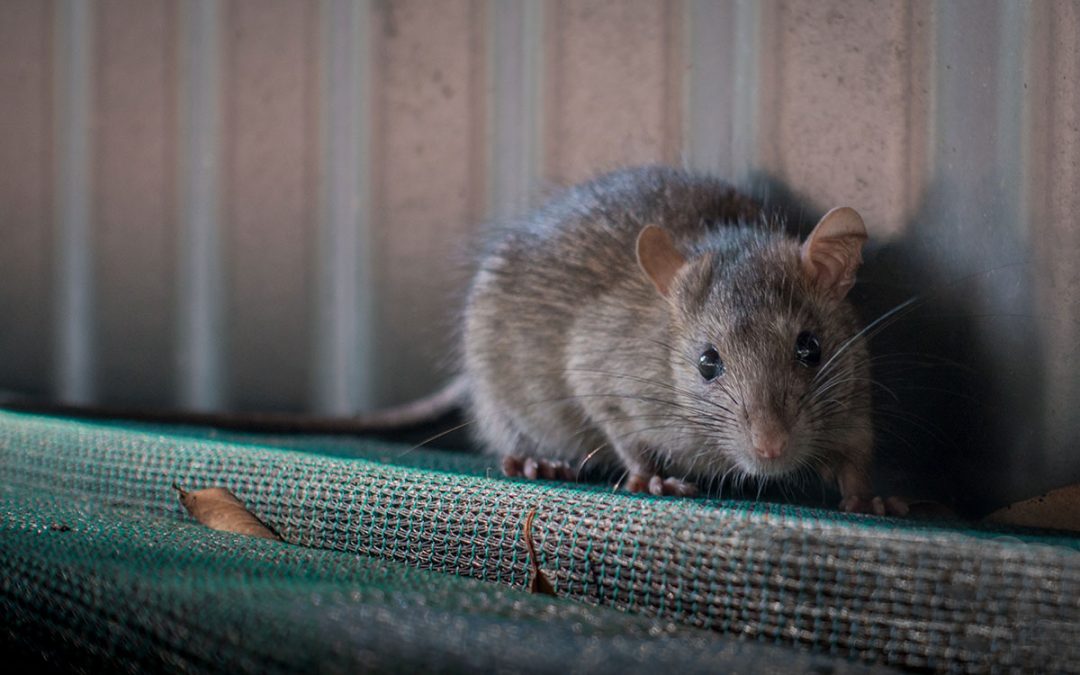
Rat Bait Toxicity
Take care when choosing rodenticides this winter as it could mean the difference between life or death of your pet. Not all baits are equal in their toxicity and you should always refer to the ingredients listed on the product. There are three key types of Rat Bait:...
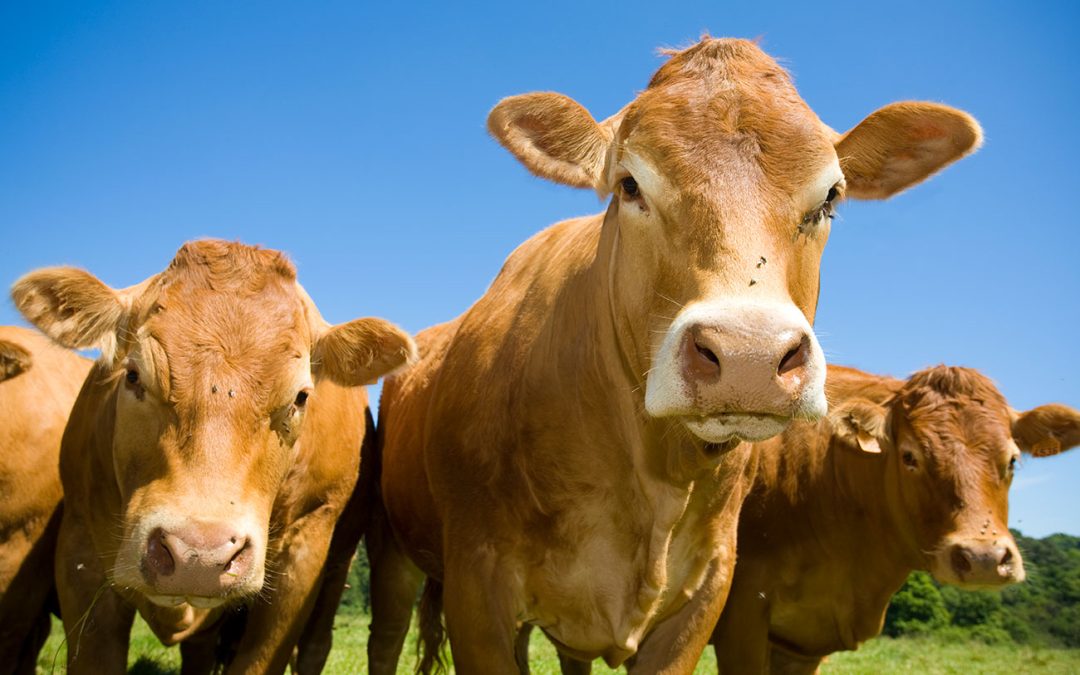
Calving – When to intervene
The most common reason for calf losses in the cattle industry are calving difficulties, known as dystocia. In order to recognise dystocia promptly, an understanding of the normal calving process is necessary. The more difficult the calving; the greater the risk of...
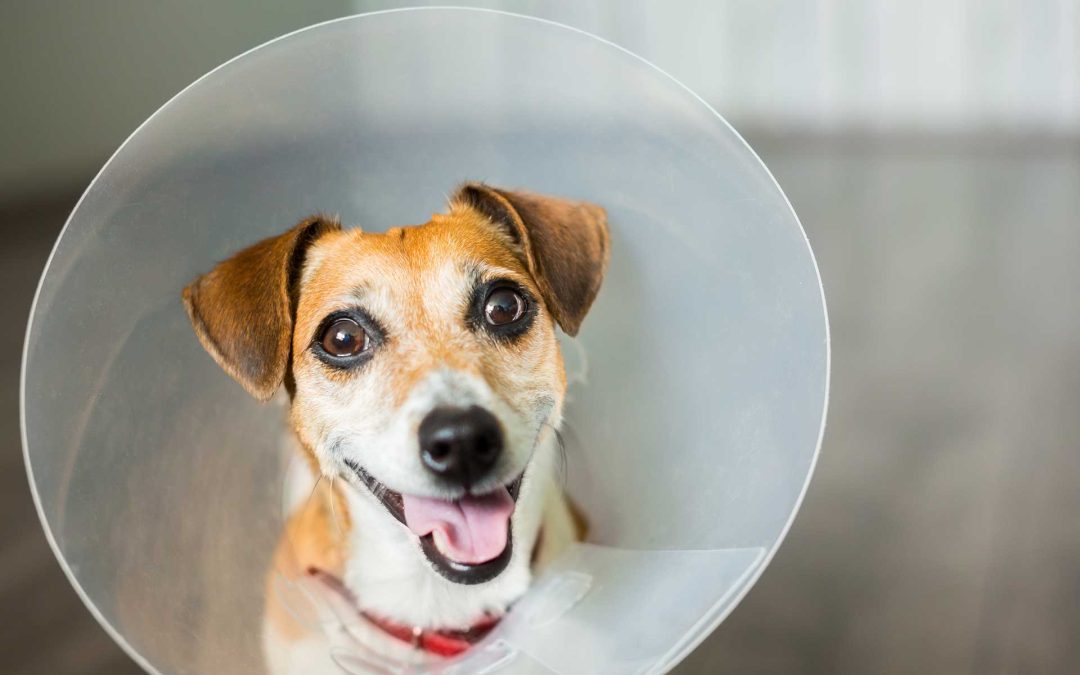
Discount desexing
This Winter we are offering our annual 20% off de-sexing’s for both dogs & cats from 1st June to 31st July. If it's something you have been putting off then wait no longer! ADVANTAGES OF DESEXING Reduction in vet bills by reducing the following health conditions;...
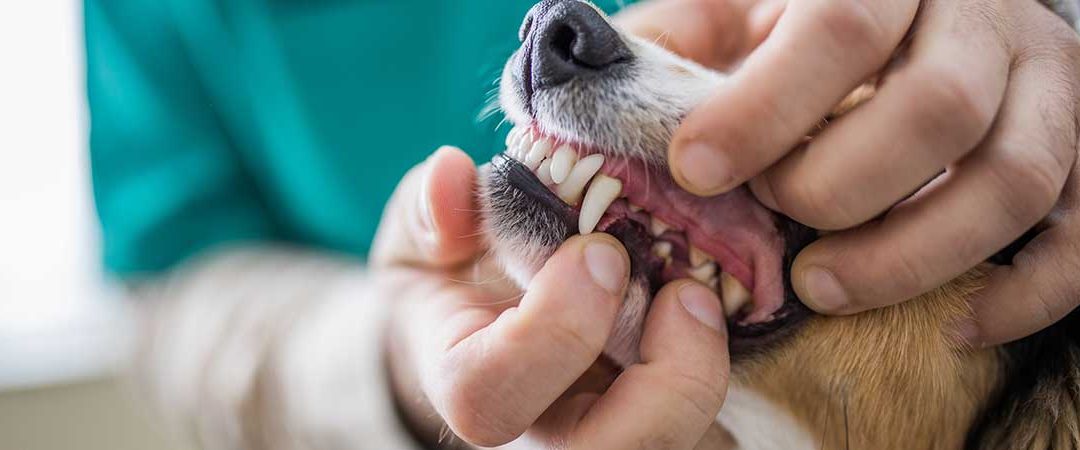
The Importance of Dental Care for Your Pet
Did you know that 80% of dogs and 70% of cats over three years of age have some form of dental disease? Dental disease can not only be painful and uncomfortable for pets, but the procedure to clean and remove teeth becomes more complicated and often more costly to...
Call Us Today To Discuss Your Animal Needs
Business Hours Phone: 07 4693 2233




